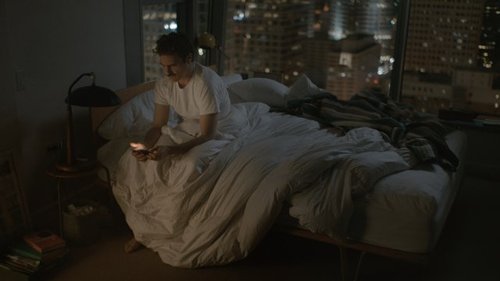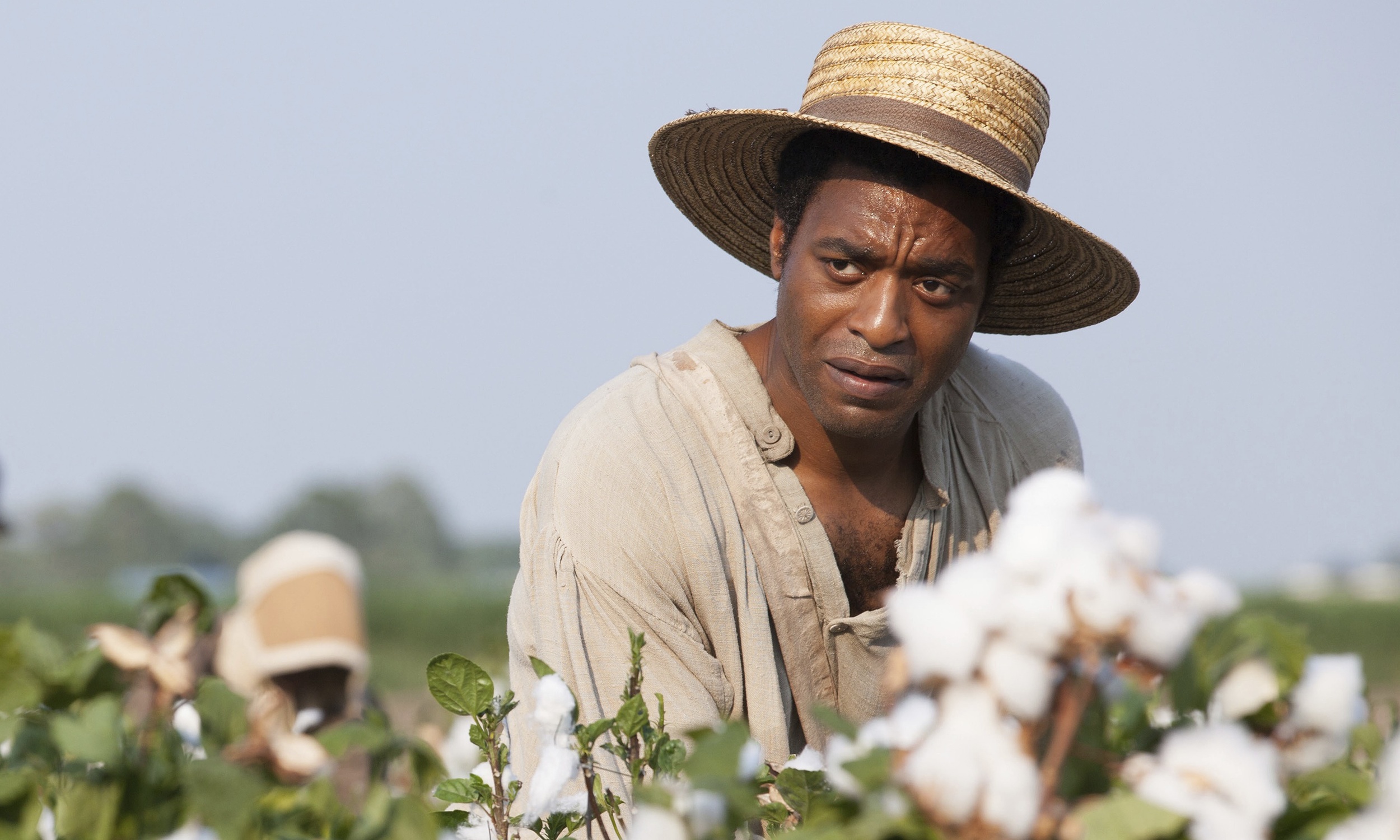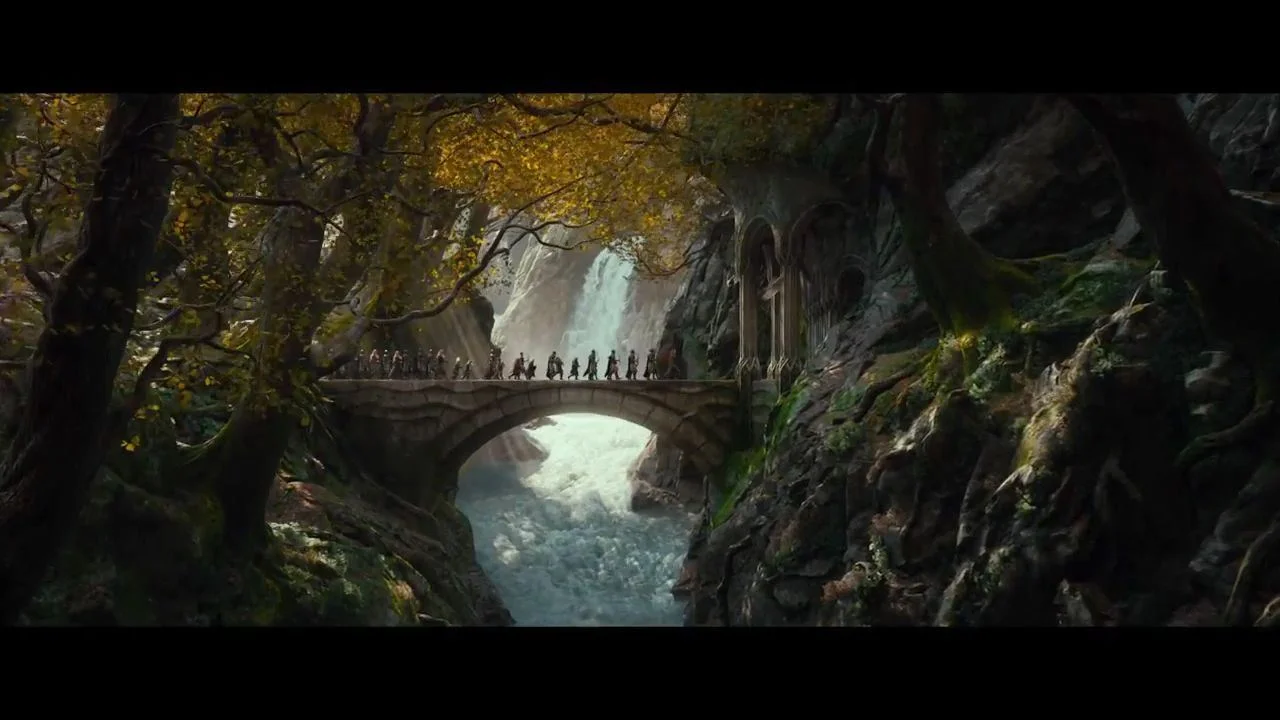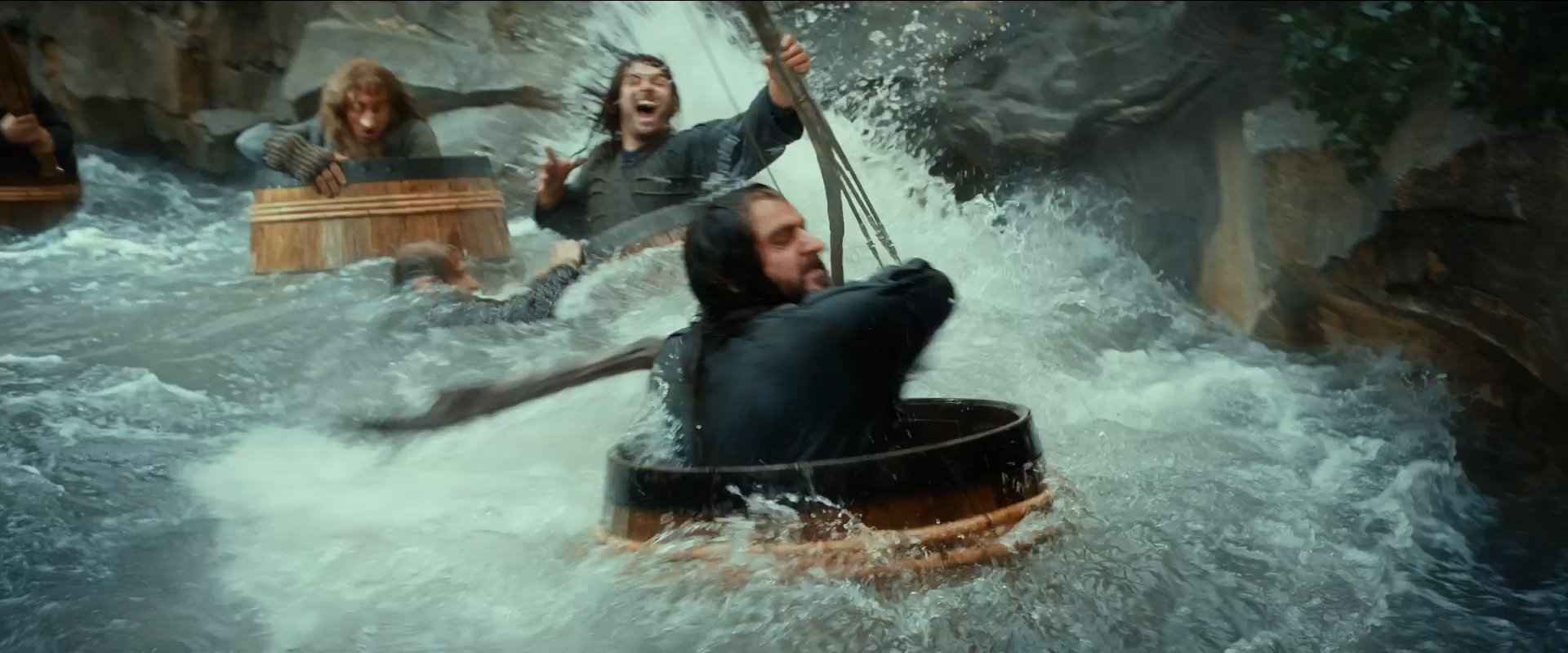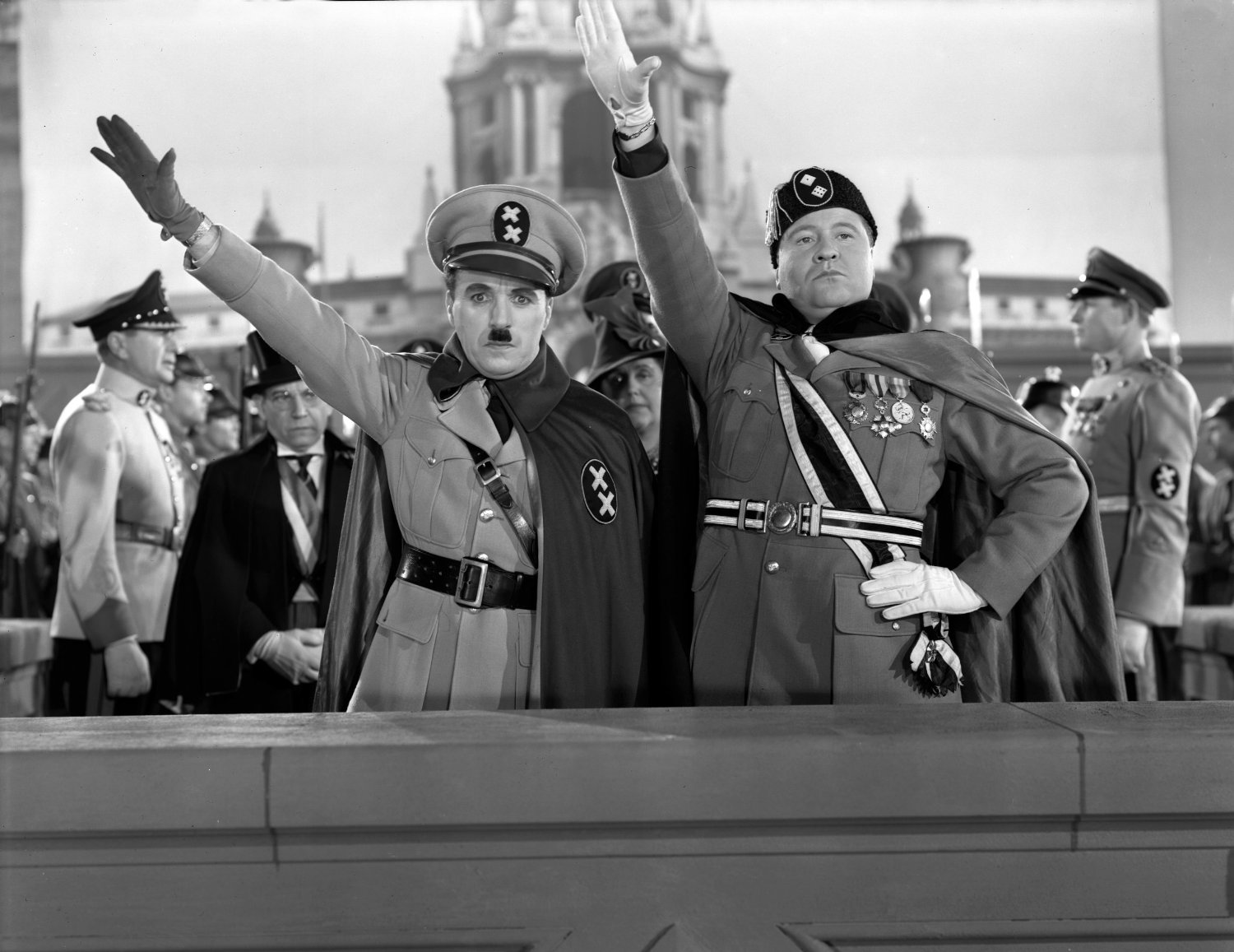his review was originally published in January 2014. Images are from the film and are not my own.
Last week a friend and I watched Philomena, a BBC film about an elderly Irish lady who has kept hidden for 50 years the secret of her pregnancy as a teen. A group of nuns bring her into their abbey to deliver the baby, but in penences for her sin and their medical assistance she is required to work for several years to pay them back and her baby boy is adopted by an American. Fifty years later, Philomonia opens up to her family about her past and her story is told to Martin, a once prestigious journalist who had a falling out with BBC and is now struggling with where to go next in his career. He rather reluctantly picks up the story and accompanies Philomenia on the search of her son.
This is essentially a "human interest story" but it is a brave one, diving into incredibly sensitive subjects, yet uplifted and sustained by the character and humour of its main actors. Judi Dench plays an ordinary person with a dark story of sadness running through her memories like a black cord. It's a testament to the grace given her that the evils she suffered don't inbitter her. Instead she is lovable, kind, and generous in her estimation of others.
The storytelling is not perfect, at times rushing moments that could have been quite moving had they more room to breath. Although the transition into the backstory was a rather creative shot, the rest of the backstory could have been more creatively integrated. Several aspects of the story felt a touch contrived or simplistic, until you realize that it is based on a true story. I wondered out loud if this project had two screenwriters and I was correct.
My response to the story was also complicated by my relationship with the Catholic Church. As an evangelical it was easy to categorize the evils and attitudes we see in the nuns as a Catholic problem. And I couldn't help but notice the lack of repentance or guilt Philomenia had over the orginal affair. It's as if the character herself adopted the stance of the filmmakers.
But to focus on those issues is to miss the point. This is an engaging story driven by powerful characters and their interactions. Especially notable is how this movie contains so many honest conversations betwen the sceptic and the believer. Martin is an atheist and Philominea has kept her Catholic belief. She continues to keep this faith dispite the fact that as the story progress it is her faith, not his, that ought to be tested. Instead of becoming more bitter towards the wrongs that were commited against her she grows in grace, both towards her persecutors and in how she answers her sceptical friend, a true testament of the grace of her redeemer.
And it is ultimately this grace, this forgiveness offered her, that she can extend to her tormentors. And so the simple Irish granny, fond of croutons and tootsie roles, can offer something that the Oxbridge-trained man of this world can not - forgiveness. This forgiveness does not from her, but from Christ, who's image she places on the tomb of her son.
Yes, this film is not perfect. Yet even the stories we tell, something as inconsequential as the cheap romance stories that Philomena reads, have wisdom. And, like this story, they can reflect the truth and beauty of the Story-weever himself onto the plain face of his bride. "And I never saw that coming!"




